introduction:
In the digital age, every keystroke leaves a shadow. What begins as a fleeting query—searched in seconds and forgotten in minutes—can now linger in the caverns of data, etched into algorithms and subpoenaed by courts. at the heart of Minnesota, a legal maneuver dubbed the “Google keyword warrant” has ignited a fiery crossroads between crime-solving innovation and the sanctity of digital privacy. As authorities mine search histories to trace suspects, critics warn of a precedent that could turn search engines into silent informants. The case, spotlighted in a recent KSTP investigation, has rippled far beyond state lines, propelling Minnesota into a national reckoning over where bytes end and rights begin. In this unfolding debate, one question looms: Can the pursuit of justice coexist with the protection of our invisible footprints?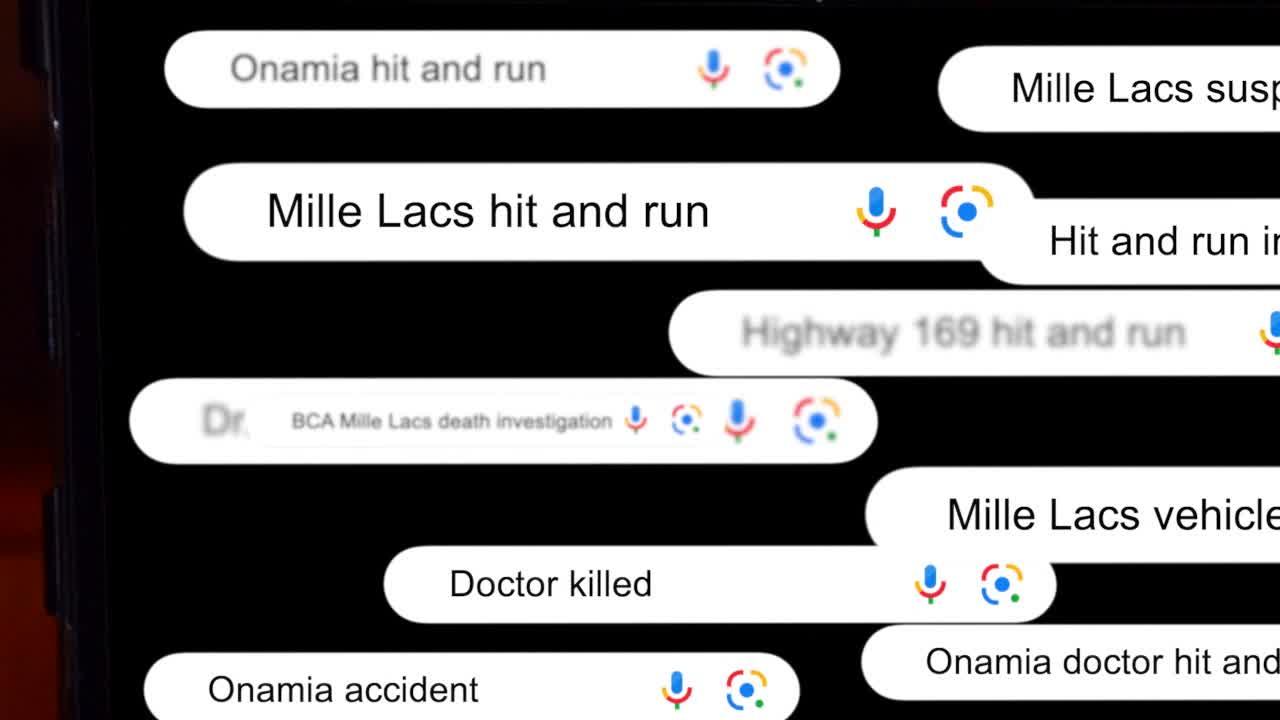
Minnesota Keyword Warrant Case Ignites Debate Over Digital Privacy and Law Enforcement Tactics
A recent Minnesota case involving a “keyword warrant”—a legal tool allowing law enforcement to demand Google provide data on users who searched specific phrases—has thrust digital privacy into the spotlight. critics argue such warrants cast an overly broad net, perhaps implicating innocent individuals who merely searched sensitive terms. Meanwhile, authorities defend the tactic as essential for solving serious crimes, citing its use in tracking suspects in cases like arson or violent threats.
- Privacy advocates warn: Keyword searches reveal intimate details about beliefs, health, or identity, creating risks of misuse.
- Law enforcement counters: Narrowly tailored warrants balance investigative needs with civil liberties.
| Keyword Warrant Scope | All users searching specific phrases within a timeframe |
| Common Use Cases | Homicide investigations, fraud, missing persons |
The debate echoes wider tensions between Fourth Amendment protections and evolving tech-driven policing. While Minnesota’s case centers on a 2020 arson investigation, its implications ripple nationally as states grapple with updating privacy laws. Legal experts note that without clear judicial guidelines,keyword warrants could set precedents enabling mass data harvesting,further eroding trust in tech companies as guardians of personal facts.
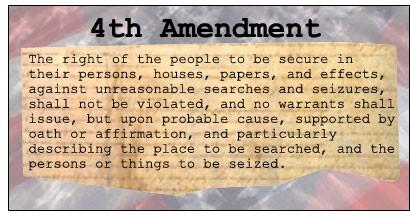
The Legal Tightrope: balancing Fourth Amendment Rights with Digital Surveillance Demands
Could a single Google search upend your constitutional rights? A recent “keyword warrant” in Minnesota has thrust this question into the spotlight, as law enforcement compelled Google to disclose users who searched specific phrases tied to a criminal investigation. Critics argue such warrants bypass customary Fourth Amendment safeguards, skirting probable cause requirements by casting digital dragnets instead of targeting suspects directly. Digital rights advocates warn this sets a dangerous precedent:
- 🛑 Expansive data collection: Keyword warrants scan millions of users’ queries, not just those linked to a crime.
- 🛑 Erosion of anonymity: Search histories, once deemed private, could become prosecutorial tools.
- 🛑 Chilling effects: Fear of surveillance may deter individuals from exploring sensitive topics online.
As courts grapple with the constitutionality of keyword warrants, lawmakers face mounting pressure to redefine privacy laws for the algorithmic age.The Minnesota case highlights a stark divide: law enforcement agencies prioritize “efficient investigation,” while civil liberties groups demand stricter standards to prevent fishing expeditions. Key unresolved questions include:
| Law Enforcement Argument | privacy Advocate Counter |
|---|---|
| digital evidence is critical for modern cases | Bulk data requests lack individualized suspicion |
| Keyword warrants mirror traditional subpoenas | Search engines ≠ third-party custodians (like banks) |
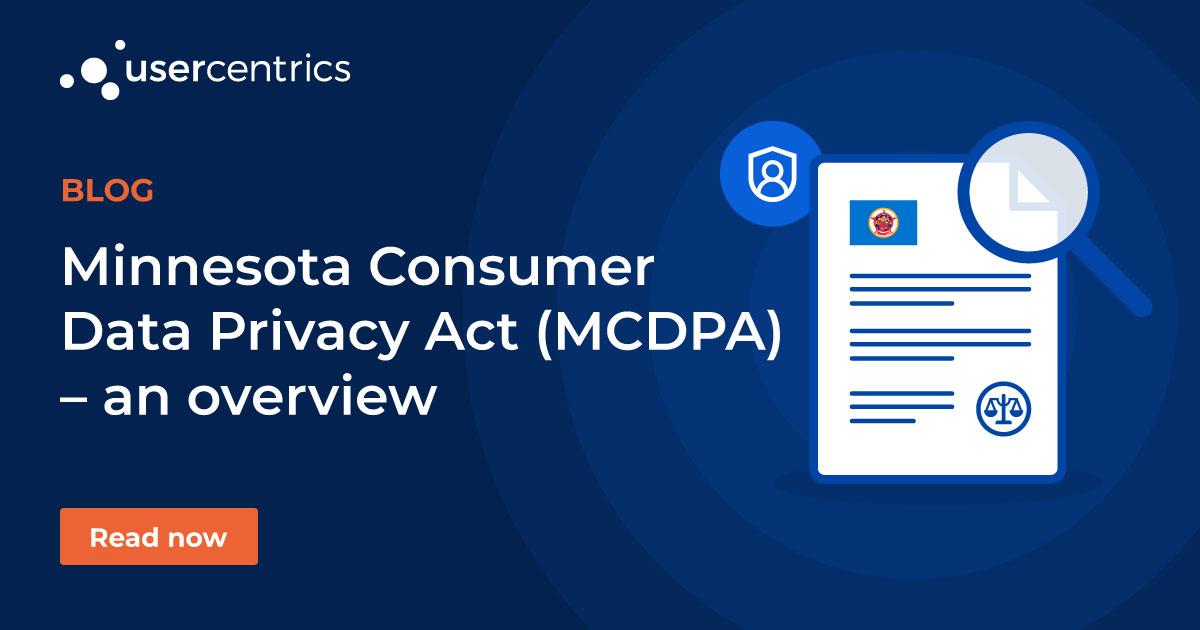
Minnesota’s Precedent and Its Implications for Future Data Privacy Legislation Nationwide
Minnesota’s recent handling of a “keyword warrant”—a legal demand requiring Google to provide data on users who searched specific terms—has amplified concerns over the balance between law enforcement power and digital privacy. The case, which involved a 2020 arson investigation, marks one of the first instances where such warrants were contested publicly, fueling debates over Fourth Amendment protections in the digital age. Critics argue these warrants create dragnet surveillance risks,while proponents claim they’re vital for solving complex crimes.
| Keyword Warrant Impacts | |
|---|---|
| Privacy Risks | Potential exposure of innocent users’ search histories |
| Legal Precedent | Expands law enforcement’s data-gathering authority without individualized suspicion |
As states draft new privacy laws, Minnesota’s case serves as a testing ground for defining boundaries in data governance. Lawmakers nationwide are weighing stricter rules for tech companies, including:
- Mandating warrants for aggregate search data requests,
- Requiring explicit clarity reports from tech firms,
- Establishing user consent protocols for data retention periods.
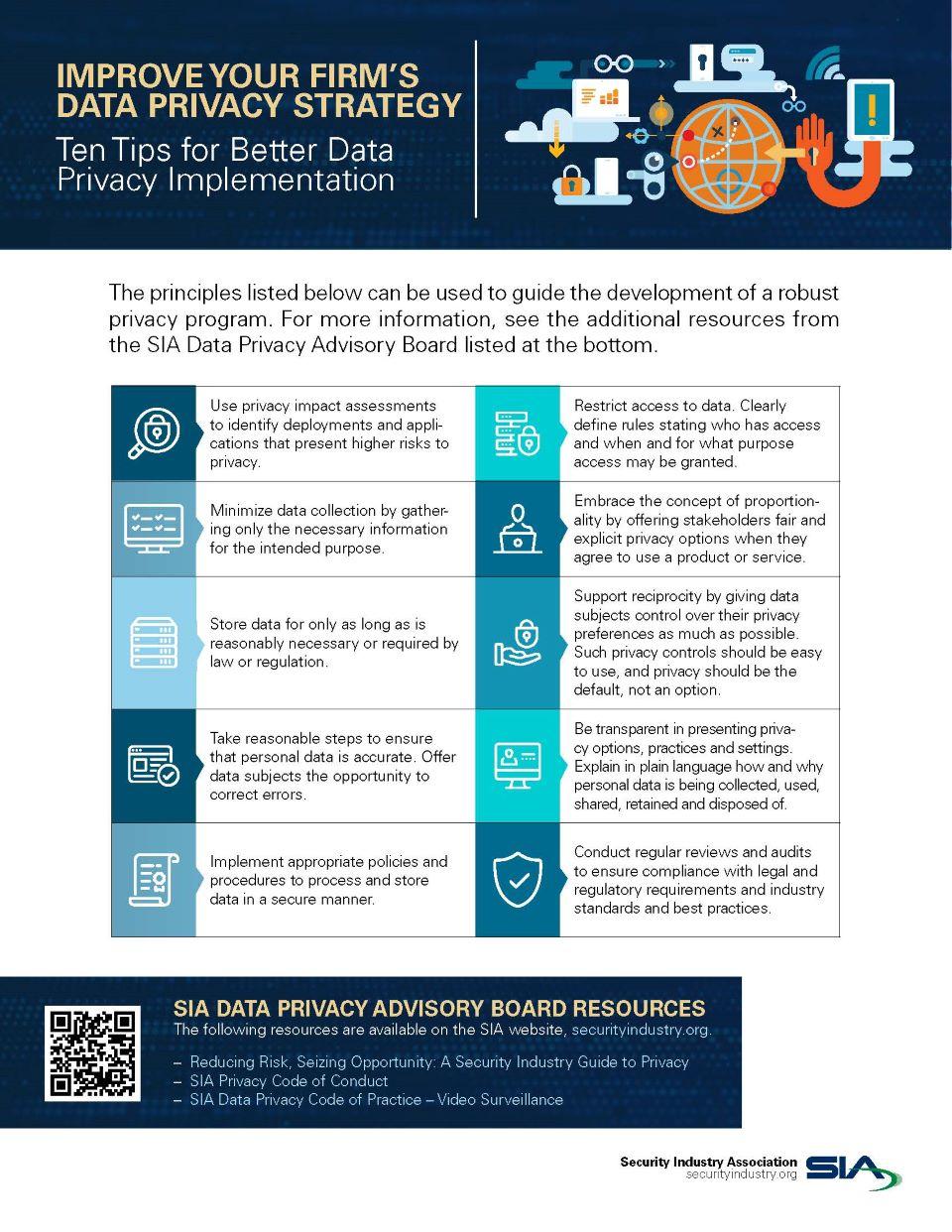
Strategies for Safeguarding Privacy in an era of Expanding Keyword Search Warrants
As debates over digital surveillance intensify, understanding practical measures to counter invasive keyword warrants is critical. Start by embracing tools that compartmentalize or anonymize online activity, such as:
- Using encrypted search engines (e.g.,DuckDuckGo) to avoid algorithmic tracking.
- Advocating for stricter warrant requirements through grassroots campaigns or petitions.
- Regularly purging search histories and enabling auto-delete features on platforms.
| Approach | Action | Impact |
|---|---|---|
| Proactive | Adopt VPNs & encrypted messaging | Reduces data exposure |
| Reactive | Challenge warrants legally | Sets judicial precedents |
| Collaborative | Support privacy-focused legislation | Systemic change |
On a systemic level, transparency demands directed toward tech companies can reshape policies. for instance, urging firms to publish transparency reports detailing compliance with keyword warrants creates accountability. Additionally, individuals can:
- Lobby for state-level laws mirroring Illinois’ Biometric Privacy Act to restrict warrant scope.
- Educate communities via workshops on digital hygiene and rights when confronted with warrants.
- Push for “data minimization” standards, compelling companies to collect only essential user data.
To Conclude
Outro:
As Minnesota’s keyword warrant case flickers on the national stage,it illuminates a digital-age crossroads where privacy shadows innovation and justice treads uncharted terrain. The debate lingers like an unresolved algorithm—how much of our data trail should remain ours alone, and when does collective safety warrant a search? For now, the question hangs in the cloud, a silent prompt awaiting society’s next keystroke. As screens glow and laws lag, one truth persists: in the dance between bytes and rights, every click writes the future.

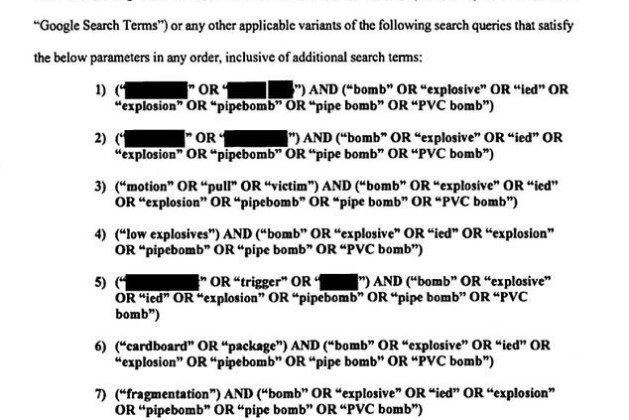


Leave a comment